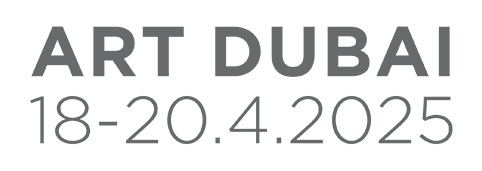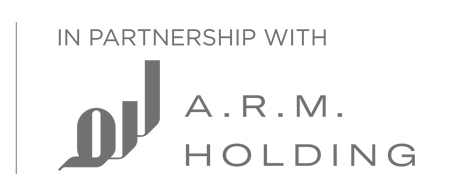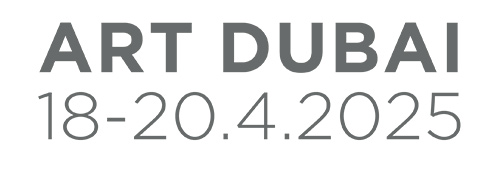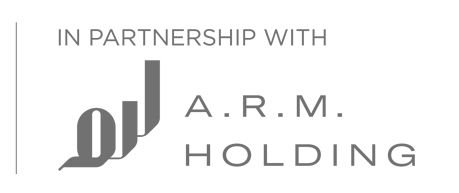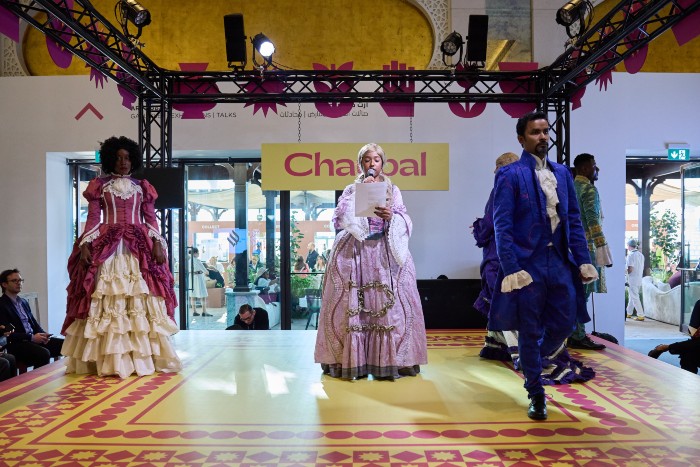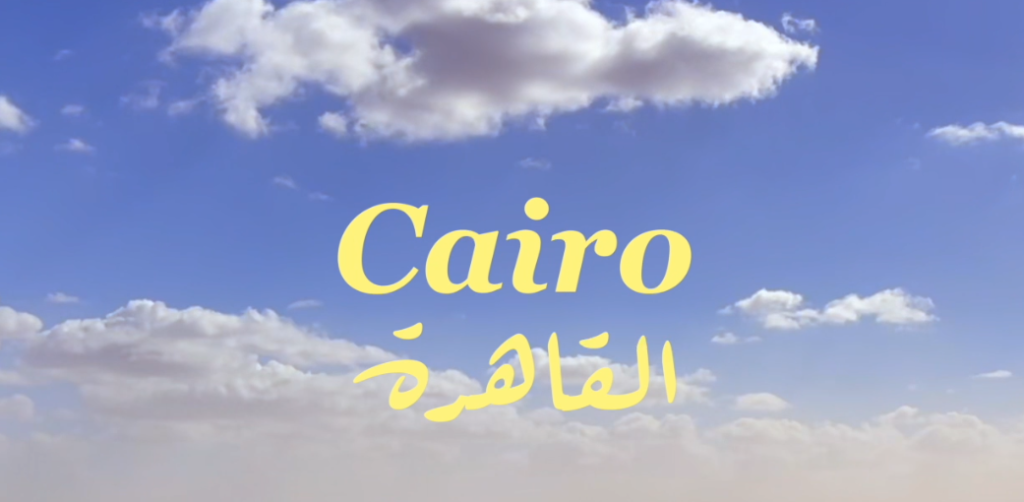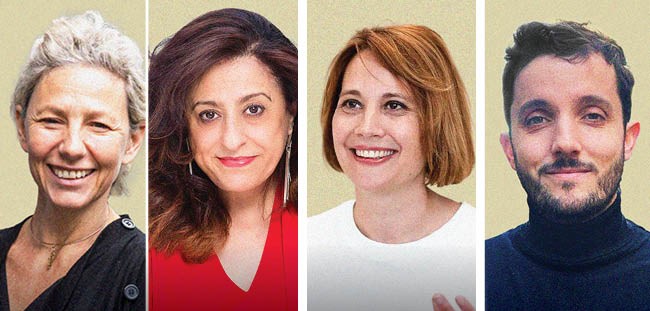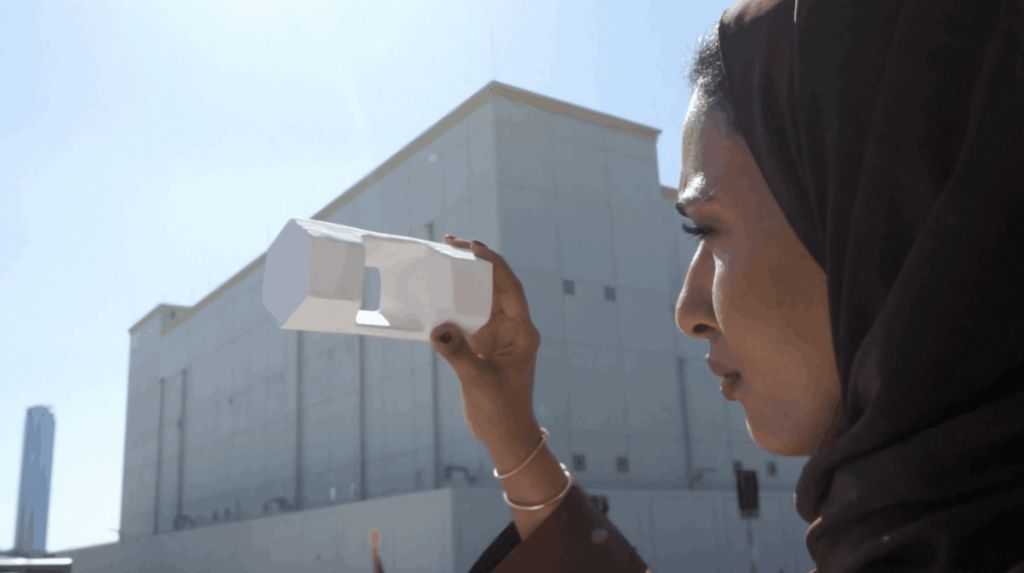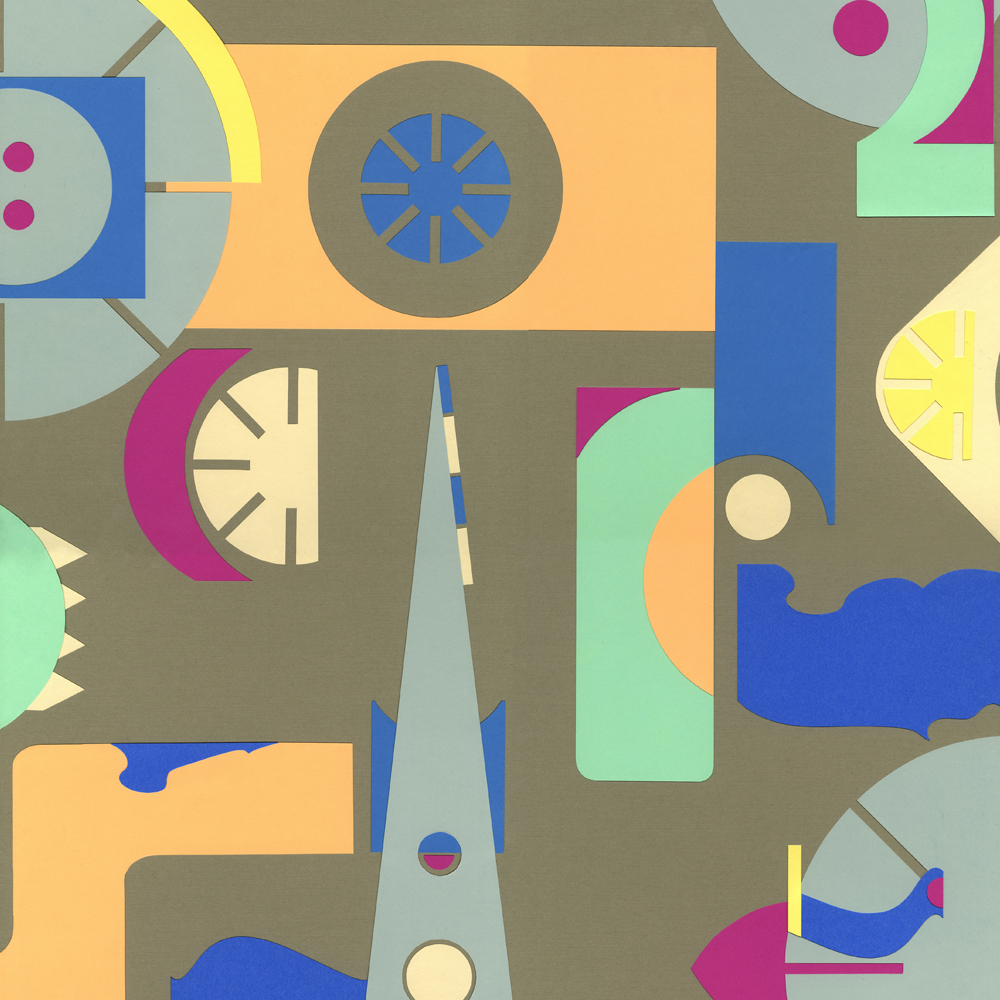That food is universal is a truism; yes, everyone must eat to survive and yet, it hides deeper and more complex social, political and economic nuances. A series of ten commission at the heart of Art Dubai, Chaupal explores this interplay between the intuitive understanding we all have of the connections created over sharing food, and with individual lived experience.
Each of the artists chosen hails from South Asia; from Delhi, Mumbai, Punjab, and Kolkata in India; Colombo in Sri Lanka; Jhalakati and Dhaka in Bangladesh; Shillong, Meghalaya and Karachi in Pakistan. These histories and stories may be yours, they may reverberate around your own past and family narrative; or, they may feel distant and otherly to you. Several of the projects in Chaupal point towards loss of place, family, famine and grief. You may be lucky enough not to have a history of exile, war, migration or persecution that pervade works such as of Rathin Barman’s ‘Mete-Begun’ (Chicken liver with Eggplant), a recipe innovated out of necessity to feed a family displaced from East Pakistan (now Bangladesh), or the ‘Péz’ – a form gruel first served in Colonial era prisons and later the only source of nourishment for farmers working on the fields in Maharashtra and the Konkan region of India – of Amol Patil and Parul Sinha.
A bitter-sweet grain by Prajakata Potnis examines the idea of labour, the preoccupation with purity within the space of a domestic kitchen, while other recipes such as the ‘Chhatu’ of Mahbubur Rahman show us the abilities of communities to support one another in the hardest of times. such as the Langar-Khana a community kitchen that serves free meals to the needy regardless of religion or ethnicity, and was especially important during famines like the devastating Bengal famine of 1943. The Pak Tea House by Faraz Ali offers inside into am important cultural landmark in Lahore, a historic tea cafe for artists, writers, thinkers, intellectuals; birthplace of the influential Progressive Writers Movement in South Asia. Tea is served as conduit to share this history.
